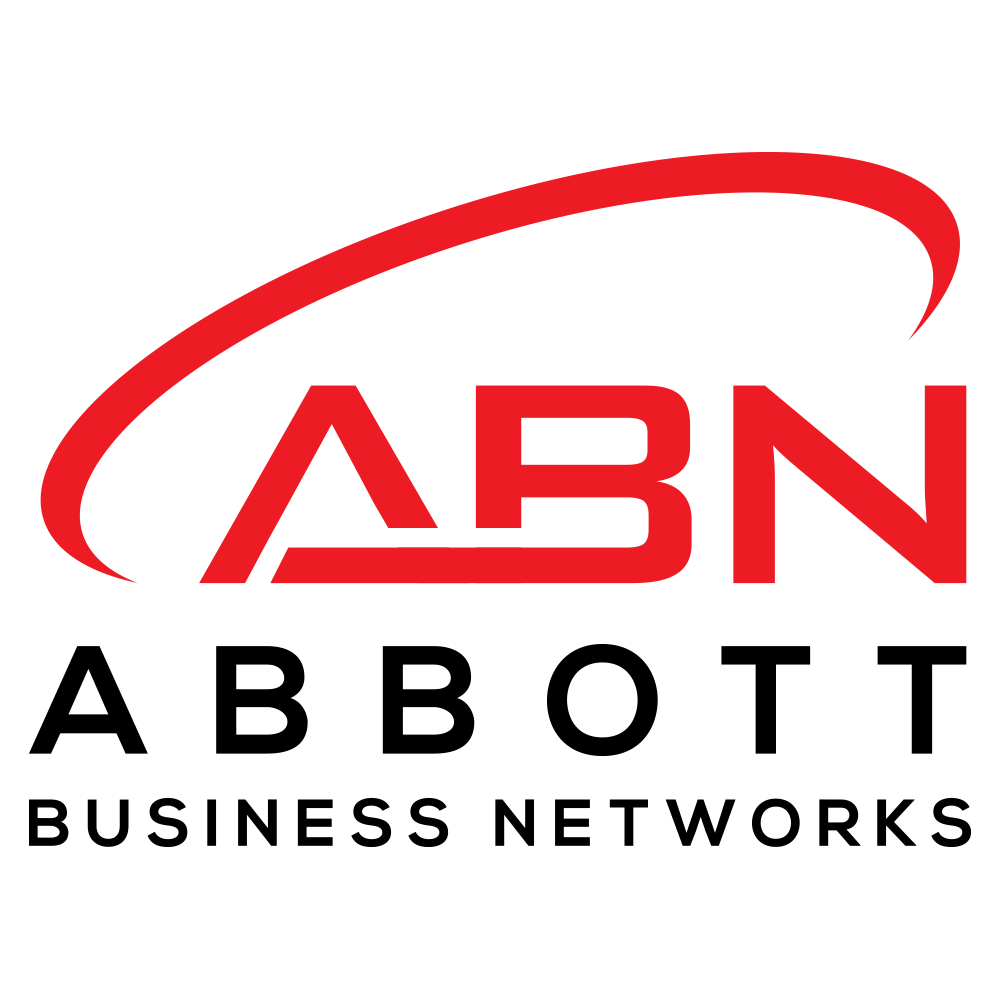How to Respond to Facebook: Hollow Out Your Account.
For the purposes of this article, I am naming Facebook, but I include any social media outlet that you feel has wronged you, whose practices you can no longer abide, whose reputation now affects your own.
My feeling is that Facebook has abused our trust. They promoted the idea that sharing more improved our experience and our lives. All the time they were luring us into their plan to monetize our activity, fattening us like piglets for the slaughter. It should come as no surprise that this resulted in disaster. An American election with an asterisk; billions lost in market capitalization; no accountability for the information they publish.
Friends and relatives have just shut it down. They have downloaded their information and deleted their account. We know that many are doing this. Good for you, friends, you are the smart ones. Me, I am an IT guy. I tell people how to get the most out of their technology, whatever it is. I am the Bodhisattva, delaying nirvana to lead others out of their darkness. I thought that the right thing for me to do was run down the road to see where it led. Then I could come back and tell everyone. What I can tell you now is that this road has no end. It is a treadmill.
I started invested my data in Facebook many years ago. I posted photos and videos, played the games where I answered all the questions about books and movies and hobbies and all of my likes and dislikes. Family reunions, new babies, puppies, kittens, prom dates, marriages: all documented with easy and wonderful photos and videos from our ever-improving smartphones. When the Facebook IPO happened, everyone questioned whether Facebook could monetize mobile. Mobile was like gasoline on the Facebook flame. Facebook toyed with the idea of creating their own mobile phone. They never needed to. The iPhone and every Android phone became Facebook phones once the app was installed. Go ahead and see how different your phone becomes after you remove the Facebook app.
Every step of the way, Facebook lulled us into a false sense of confidence in them. When they made an overt anti-privacy move, they rolled it back if the up-roar was too great in the user community. They weathered wave after wave of these scandals starting with early amendments to their terms of service, to their unduly invasive “Beacon” service, to ever more subtle and inscrutable betrayals. First it was just your data, then it was your friends of friends’ data, and so on. Opting out was possible, but the un-private default settings roped in millions as the capture of new, uninitiated users accelerated. Facebook could not have played their cards more perfectly to maximize their own rights with respect to your information and minimize their own obligation. Unless you are savvy and diligent, the drift in your Facebook experience shared ever more of your information. So, ask yourself, how many of your friends are both savvy AND diligent?
Because I feel that I have been presented with incontrovertible evidence that Facebook is essentially not a benign influence in our society, I am moderating my account. Because I communicate with so many of you, I do not want to punish our relationship by withdrawing from a medium that you may like, and not forgoing everything I have written here, I still value Facebook. I will be posting less, and my interests in Facebook will be more commercial and less personal. I have deleted the Facebook app from my smartphone. I encourage you at a minimum to do the same. My participation in Facebook will now be a dissident one.
It is apparent that the culture within Facebook is arrogant, insular, and elite. I have spoken with a former employee with a position of some importance in Facebook Human Resources, and this person told me that they were frustrated when they recruited a brilliant candidate, and the Facebook managers would ask why the candidate had not attended Harvard or Stanford. It is apparent that the Facebook organization is an Ivy League club, with all of the myopia and dysfunctional discrimination that implies.
Today, there are millions of businesses that operate almost entirely within the confines of the pages of Facebook. Products and services are offered, specials advertised, messages exchanged, appointments made, and payments arranged. There are millions of people around the world who find Facebook to be so convenient that they never look anywhere else for news or other information. There was an online property that was in that position many years ago when the Internet was young. It became one of the most powerful companies on Wall Street before it was merged with one of the biggest media companies of the day. With any luck, we may be looking at a repeat of that story. What was the property? It still exists. It is called “AOL”.
